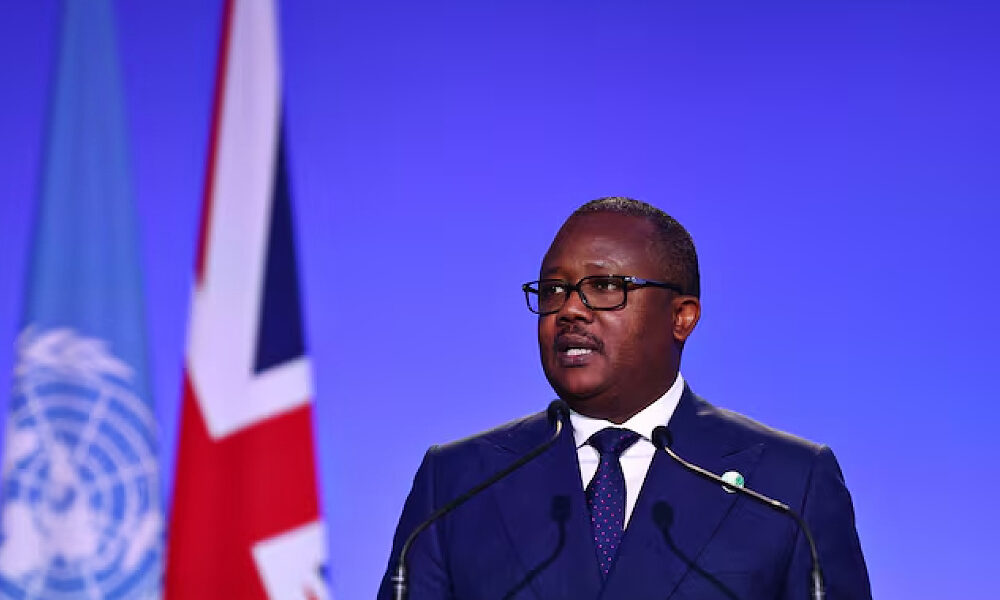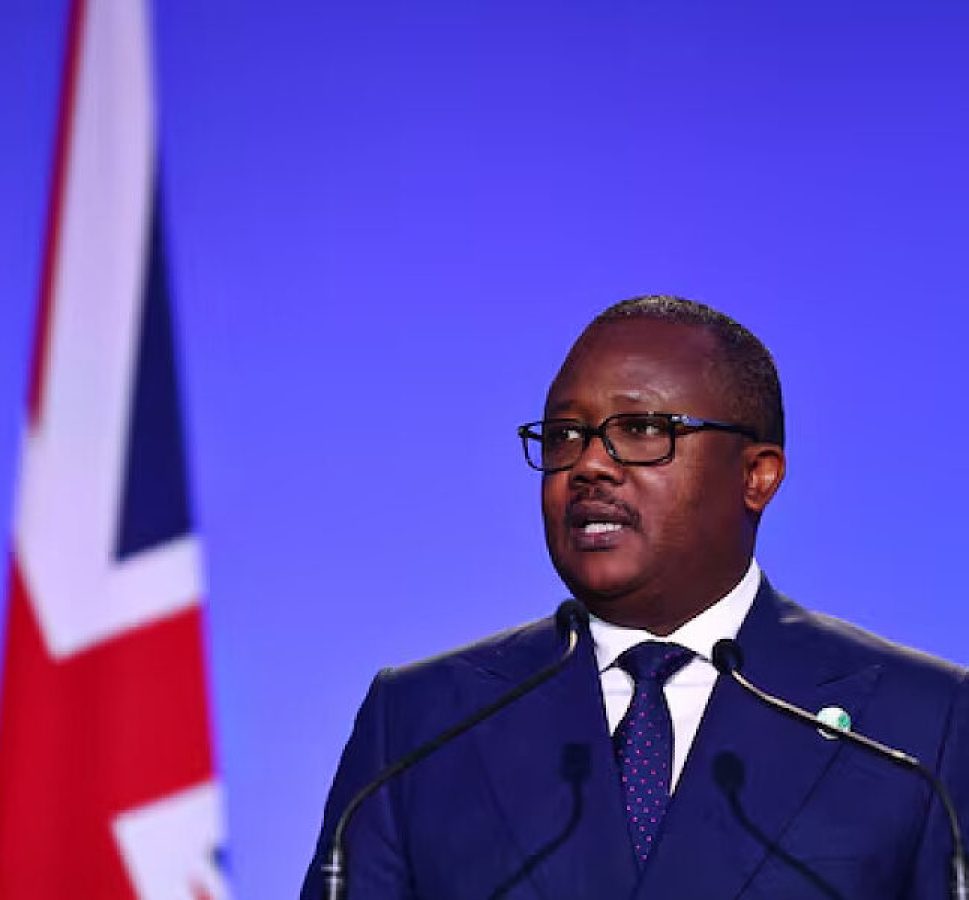
Embaló, who took office in January 2020 after winning 54% of the vote, cited his wife’s persuasion as the reason for his decision, Reuters reports.
Guinea-Bissau President Umaro Sissoco Embaló, 51, announced Thursday that he will not seek re-election in the upcoming election in November, potentially creating a power vacuum in the politically unstable nation.
Embaló, who took office in January 2020 after winning 54% of the vote, cited his wife’s persuasion as the reason for his decision, Reuters reports.
During a council of ministers meeting, Embaló ruled out three prominent opposition figures – Domingos Simões Pereira, Braima Camará, and Nuno Gomes Nabiam – as potential successors but did not name alternative candidates.
Embaló’s surprise move has sparked concerns about instability in Guinea-Bissau, a country with a history of coups and a population of two million. His decision opens up a contested political landscape, with implications for the nation’s future.
Embaló, a former army general and prime minister under Vaz, inherited a politically fractured country, where coups and unrest have been frequent since its independence from Portugal in 1974.
He survived two coup attempts during his presidency, the most recent occurring in December 2023. In response, he dissolved the parliament for the second time since taking office.
Earlier parliamentary elections in May 2022, held after his first dissolution of parliament, thwarted Embaló’s efforts to enact a constitutional change that would have ended the country’s semi-presidential system.
Currently, the political system allows the majority party or coalition to appoint the government, while the president retains the authority to dismiss it under certain conditions, often leading to political deadlock.
In recent years, Guinea Bissau has also become a significant hub for cocaine trafficking.
On Saturday, authorities seized 2.63 tons of cocaine from an airplane that had arrived from Venezuela, underscoring the ongoing challenges the country faces.






